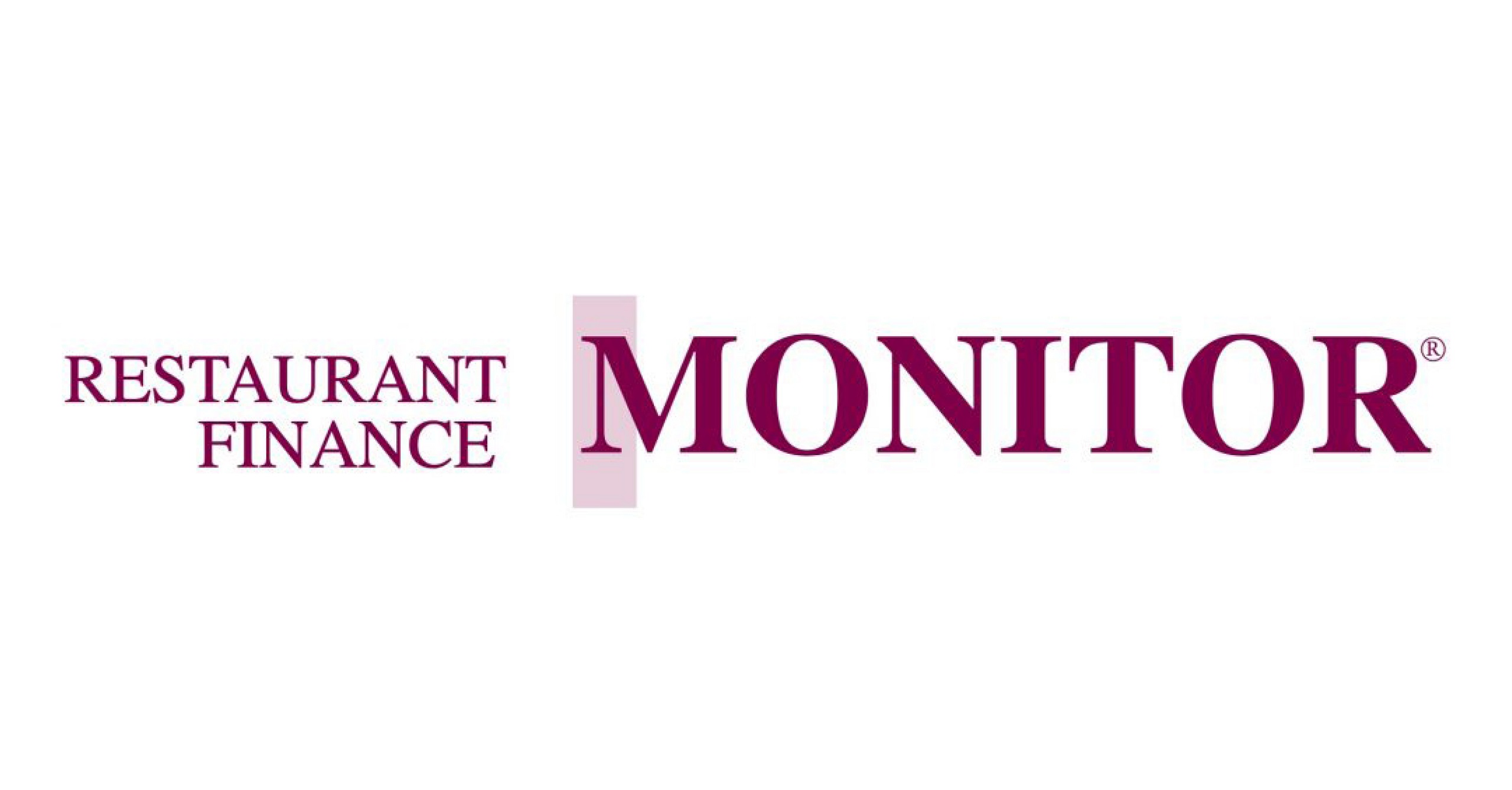One of the biggest decisions you’ll make as a restaurant owner is your choice of a bank. I have touted the value of investors and equity for years, but, the real source of funding a restaurant is your corporate bank. If you are a large multi-unit operator of a major franchise concept, you won’t have to worry about lenders because they will find you. But for early stage franchisees who are just getting into a franchise and people who are looking to grow their own concept, this isn’t always the case.
What I have seen over the years as both a customer and bank director is that banks have personalities. One of the first questions I ask a banker is “tell me about your boxes,” which means what kinds of businesses and loans do you like? Some banks prefer real estate. These loans are known as Commercial Real Estate (CRE) loans. Others like more traditional commercial loans where they are secured by current assets such as receivables or inventory. Some lenders like to do fixed assets, such as property and equipment; some are cash-flow lenders.
The first thing is to ensure you are talking to a lender who has actually financed restaurants. Some banks will say they are agnostic and will fund anything that is good credit. While that may be true, if they haven’t done restaurants before they won’t just jump into it unless you are a major credit or have a previous non-restaurant relationship with the bank.
Here are some steps to finding a bank:
- Make a list of the banks you actually know. If you are developing an early stage concept, you want to look at lenders in your geographic area that understand the marketplace and may know your concept.
- Make sure you are looking at a lender that has done multi-unit retail, not necessarily restaurants, but
something that has more of a cash flow model versus fixed assets. Most banks like manufacturing because it has receivables and inventory, all of which they can convert to pay off the loan. For restaurants, if it doesn’t work out they have FFE (furniture, fixtures and equipment), but not much else. - Ask what restaurants they have previously funded. If you are at an intermediate level (five or 10 restaurants), look at the list of national lenders who attended the last Restaurant Finance & Development Conference. Many lenders may only lend to the top 10 or 15 concepts and only for operators who have a minimum of 10 stores. This is not an uncommon box that national lenders like, but there are a number of groups that will lend to early stage and consider small chains. Find a lender that fits your profile.
- Look to see if the bank can put you in the SBA pipeline. An SBA loan is a great way to get started.
You will want to work with a bank that is a certified or preferred lender with a robust SBA group, so they can get quick approval. You don’t want your local community bank that does a couple of SBA loans a year unless you have a strong relationship with them. - Make sure the lender has the capacity to grow with you. I know as a restaurant owner myself, we have
had lenders interested in one project but not necessarily a second and third. - See what other services, particularly treasury, cash management, and credit cards, the bank can offer. This is very important for a restaurant. Also, see if they offer unique services such as a strong employee-benefits group.
- Find out how the bank treats problematic situations. For example, when someone runs into an economic issue, how do they treat it? Do they have the flexibility to work it out?
- Once you find a bank, be sure it has a loan officer who considers you a valuable customer and wants
to help you grow. You can always look at your bank as your “overall” bank, not just for your business but your personal wealth management. Banks like to tie it all together for a robust relationship.
There are alternatives as well with non-banks, such as leasing and subordinated debt and unitranche (combining two or more loans into a blended product) financing. But I like to start with a core bank because you will get the best rates there. So begin with your personal bank to see what kind of products it has, whether variable or fixed rates or a hedge. Another option is the development line of credit (DLOC), so you know you have funding to grow more stores.
In general, the key element is to find someone that fits your business style and really wants you as a long-term customer. There are always new sources coming into the space, so keep researching the new players. Good luck and when you find a bank that fits, hold on to them.
From the January 2025 issue of Restaurant Finance Monitor.
Author
-

Co-founder and chairman of Monroe Moxness Berg PA, Dennis is a pioneer in corporate financing with a broad network of finance contacts and clients. He assists businesses, from emerging companies to multinational firms, by providing creative ideas, identifying unique financing sources, and developing the financial tools necessary for their growth and development.
